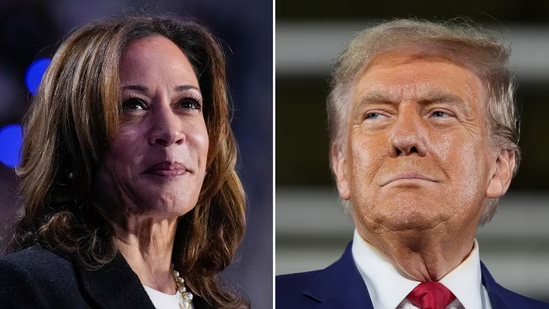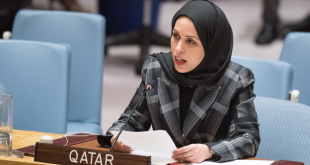KABUL – As the U.S. election approaches, both major presidential candidates remain noticeably silent on Afghanistan—a topic that once dominated headlines and defined American foreign policy. Despite the United States’ 20-year involvement and the chaotic withdrawal in August 2021, neither Kamala Harris, the Democratic nominee, nor Donald J. Trump, her Republican challenger, has articulated a detailed plan regarding future policy toward Afghanistan.
In her campaign, Harris has largely steered clear of Afghanistan, focusing on domestic priorities, while Trump has not minced words about his disapproval of the Biden administration’s handling of the withdrawal. On multiple occasions, Trump has blasted what he describes as the “chaotic” exit, specifically citing the U.S. abandonment of Bagram Air Base and the billions of dollars in military equipment left behind.
“We will strengthen and modernize our military — we gave so much of it away to Afghanistan. Can you believe that?” Trump remarked at a recent campaign event in Greensboro, N.C., underscoring his criticism of the withdrawal. “They even gave away night goggles. Now the Afghans have brand new ones, better than what we have.”
In a debate, Afghanistan was briefly addressed, with Trump vowing to dismiss top military officials involved in the 2021 exit if elected. “I will ask for the resignation of every single military official who touched the Afghanistan disaster,” he declared. “I want their resignation on my desk in the Oval Office.”
While Trump consistently weaves Afghanistan into his campaign rhetoric, Harris continues to focus on domestic issues, avoiding direct engagement with foreign policy debates related to Afghanistan.
Analysts suggest a potential shift in U.S. engagement with Afghanistan depending on the election outcome. “Regardless of the election outcome, it’s likely that the U.S. approach to the Taliban will shift,” noted Ghulam Farooq Aleem, a university lecturer. Assistance programs initiated by the Biden administration could be reevaluated under new leadership, he added.
Currently, the Biden administration remains cautious, implementing the terms of the Doha Agreement and conducting minimal engagement with the Taliban. However, the State Department has made it clear that it does not recognize the Taliban as the official Afghan government, nor does it seek to normalize relations.
As the nation waits for Election Day, Afghanistan policy remains a critical but unaddressed issue, potentially set to resurface depending on the direction of the next administration.
 Afghanistan Times
Afghanistan Times




